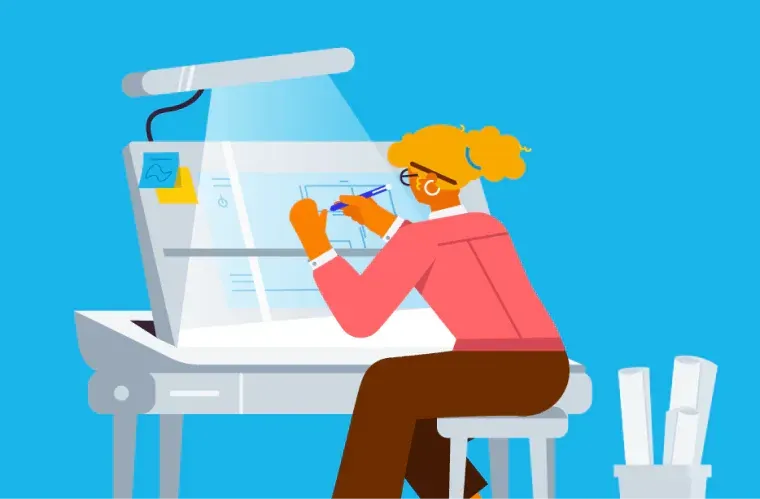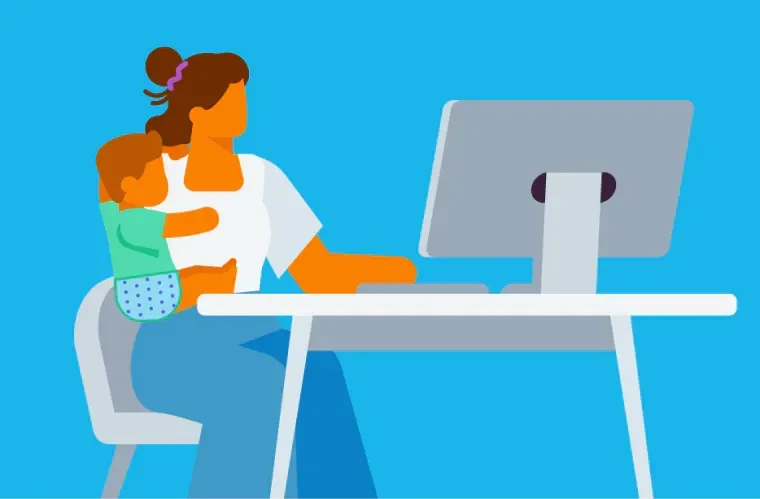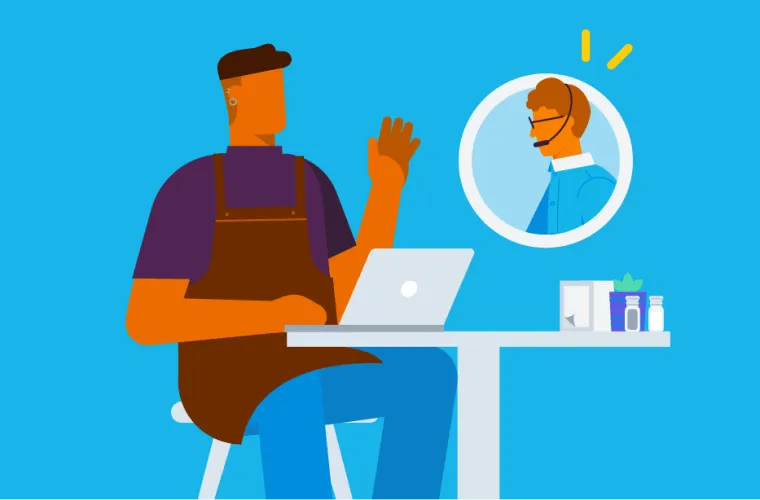How Your Creative Practice Can Thrive “Without Compromise”
Written by
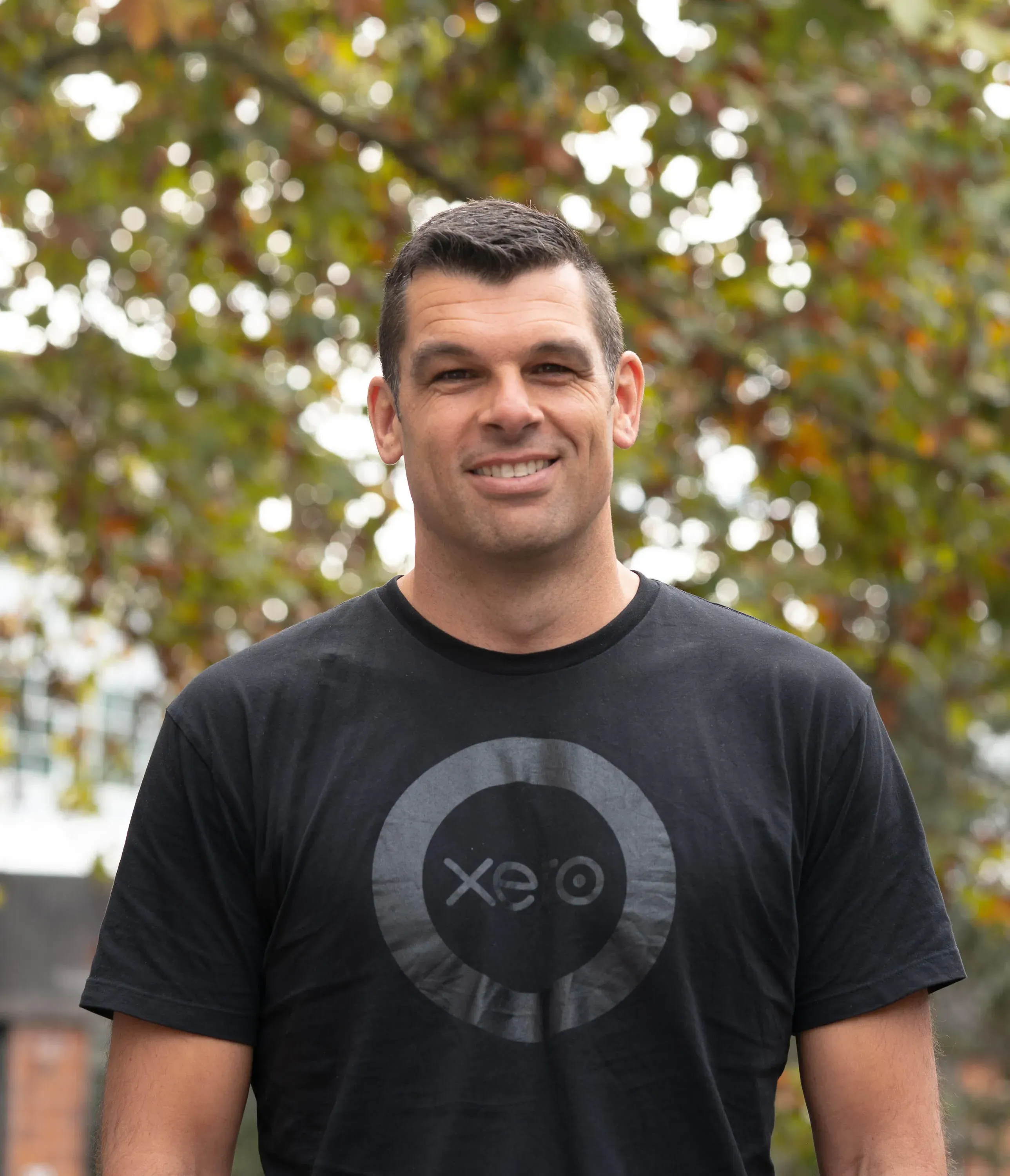
When you do what you love, you’ll never work a day in your life.
Great Instagram quote material, that.
As many in the creative fields will tell you, doing what you love is amazing, rewarding and liberating. But in reality, it rarely comes without work - especially if you’re a solo arts practitioner or small business.
You’re not just a creative - you’re often the accountant, administrator, social media guru, cleaner, receptionist, and even courier.
It’s a lot to take on - and in many cases, it’s increasing the risk of burn-out.
New independent research from Xero has revealed small business owners and sole traders are working unsustainable hours, negatively impacting their wellbeing and productivity.
One in three small business owners feel they’re working too many hours a week, while more than a quarter (28%) believe the number of hours they work per week is unsustainable.
Craig Hudson knows the plight well. A small business owner himself, Hudson’s also an expert in the field as Xero’s Managing Director for New Zealand & Pacific Islands.
“Small business is the engine room of our economy,” Hudson declares.
“The old adage of ‘work smarter, not harder’ is something we really need to take a look at for this part of the economy,” he explains. “It’s about being more productive with the hours you have without compromising wellbeing, without compromising family, without compromising life.”
Hudson’s the first to note that it’s easy to identify when you’re having to compromise as a sole trader but when it comes to stopping it from happening - it can be easier said than done.
He points out creatives “have unique challenges when you look at the sole trader market in New Zealand - the demand for that talent and the stress that comes with it.”
To help reduce those stresses and amplify your ‘why’ - the real reason you turned your creative passion into your job in the first place - Hudson advocates for solo practitioners and small businesses to run through the Self-Employed Check In, a five-step system to help identify your pressure points and get back in the headspace of loving what you do.
Step One: Establishing routines and rhythms
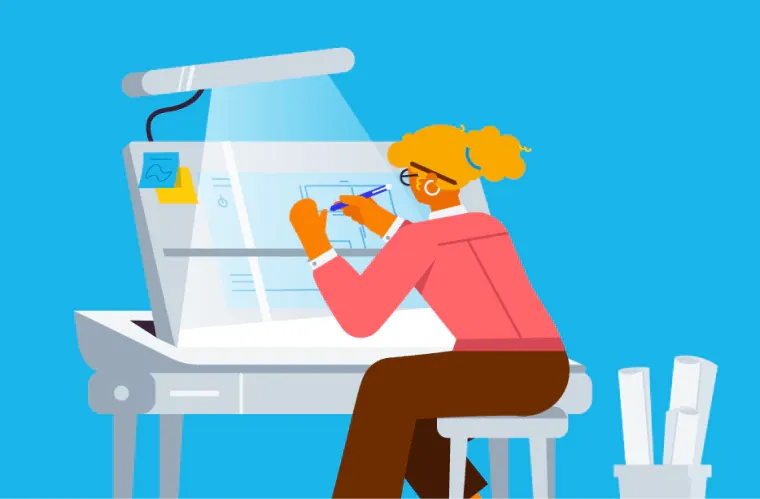
As your own boss, you call the shots.
As a creative, you get the chance to pick what works best for your artistic process - your daily timetable is your own.
But it’s also way too easy to blur the lines of work and rest. Hudson underlines it takes courage to be able to value your own time.
“Because you don’t have someone over your shoulder saying ‘hey, I think it’s time for you to take a break’, it’s on you to be able to do the work, to be able to deliver to the client so that you can get paid - even if that means working till one to two in the morning.
“I totally get the pressures that are coming through but having that discipline and having what you need to be at your best is vitally important to do quality work.
“From a wellbeing perspective, that’s getting up at the same time, going to bed at the same time and getting quality sleep because then we’re able to cope with more. It gives you the chance to be the best version of yourself when shit hits the fan. Usually, your best is needed when you’re under the pump.”
Step Two: Setting clear boundaries
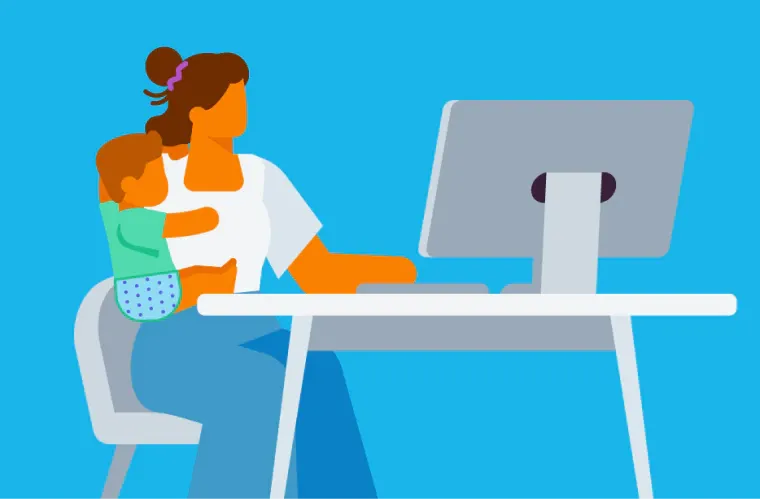
So with setting your own personal boundaries covered, the next step is doing so with the actual work you take on.
Saying no to work is a tough one for a small business to do. When you live gig to gig, project to project, it’s all about making hay while the sun shines as we often don’t know when the next one will come along.
While all clients can pay the same money, they don’t all fit into what you stand for. Your art, your performance, your expertise may be for sale - but your ethics never should.
“In my experience in running a small business, you earn kudos for saying no to a client that is a monthly drain because of the negative energy the client has - or the negative impact it has on individual self-esteem because of how that client talks to you, your staff and your team,” states Hudson.
“Yes, the money might be good but it will galvanise your business to know ‘I have principles that I’m not willing to compromise.’
“You need to be really clear what your principles are before you set your boundaries. If you know what’s OK and what’s not, hold onto them. You’re likely to be asked to compromise almost every single day because you’re hustling - you’re trying to do the best work and get that cash in but holding on to those principles will put you in good stead for much longer, rather than a short term fix.”
Step Three: Managing stress with the tools available

The headaches most often come with those parts of the job you didn’t really sign up for. Admin is a necessary evil many resent, but most have come to accept.
Hudson points out while the impact COVID is having on business tops the issues for small businesses right now (46%), following closely behind is administrative work (43%).
“Admin work is effectively taking time away from doing meaningful mahi that aligns with your values and gives you joy, to stuff that will just suck your energy.”
Recognising there are ways to alleviate those stressors with increased use of specialised apps and technology is a game changer - even if the concept hits you like “an allergic reaction,” as Hudson describes it.
“Sometimes you need to go slower to go faster. That’s what learning something new is - you’re basically throwing out your processes that have been in your head for years and trying to learn something new, which is clunky to start with but it’s the investment in time for the long term gain.”
There are a range of digital tools that can help you take a load off.
Step Four: Small steps to look after yourself

Once again, easy to know the right thing to do but not so easy to put into practice.
We know fueling our minds, bodies and souls with the right type of nourishment and stepping back to get some much-needed breathing space is important.
“It’s not rocket science, but it is ridiculously difficult to put in place when you’re juggling so many other priorities, other things that may feel more important than looking after yourself.”
Hudson uses the example of lockdowns to underline its importance.
“Putting my dad hat on, I look at some of the stresses my kids have been under during homeschooling. Being able to get them outside, to get the heart rate up a little bit, to do something, have a laugh, and then come back in - it’s a great mood reset.
“They’re way more focused, I’m feeling better about my work, the stress in the environment I’m sitting in is reduced so I’m more productive.”
Step Five: Finding support
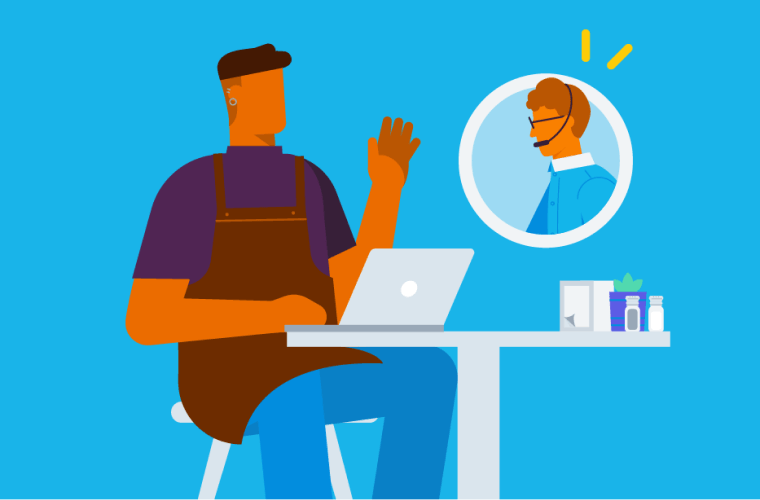
Among all the benefits of being an independent arts practitioner, it can at times be a tough and lonely place. A big part of that is a generationally inbuilt reluctance to put our burdens on other people's plates.
Hudson admits “New Zealand’s a village. If you’re having a yarn at the pub, you don’t want people to know you’re struggling or that there’s a problem. Everything is always good.”
Asking for help or looking for support isn’t a weakness, it takes strength and can often be the most crucial step to take.
“Being able to share an issue and have someone that is skilled, independent and completely confidential to help you walk through it can speed up your process of dealing with the issue,” says Hudson, pointing out you don’t need to wait until crisis hits to get the ball rolling.
“Often you already know the answer yourself, it’s just actually having someone to help you recognise that solution can reduce stress, can help you see the wood from the trees and be able to have a clearer path forward.”
There are plenty of wellbeing support options available through your community and online, including the Xero Assistance Programme, something Hudson is proud to be able to offer for Xero customers who might not otherwise have access to it.
“If you’re a sole trader, you’re not going to fork out $180 plus an hour to be able to go and see a counsellor or see a psychologist whereas Xero is happy to cover that on your behalf because you’re doing meaningful mahi for the country.”
Additionally, the Xero Assistance Programme has been expanded to include all 200,000 plus Auckland small business owners until the end of the year. To access, business owners simply need to message xap@xero.com with the name of their business, or follow the instructions here.
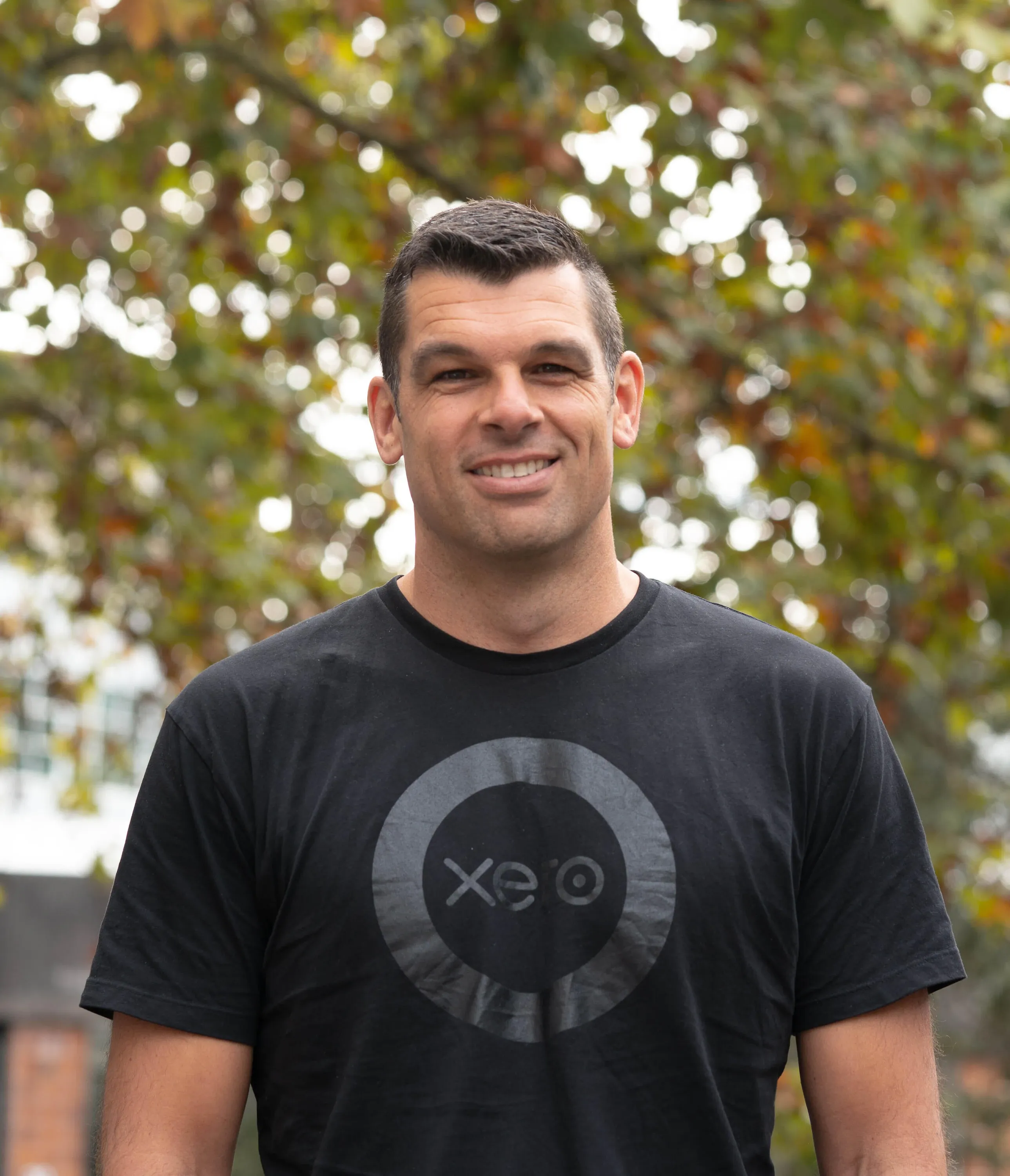
For creatives feeling overwhelmed in these challenging times - Hudson’s best advice is to shut out all the outside stresses.
“There is so much out of our control right now - energy I put into those things is ultimately wasted energy - even if it’s having a monumental impact on my business.
“It takes a lot of discipline to be able to let some of that go. Focusing on where the opportunities might lie ahead rather than the obstacles that are set in front of you. What are the building blocks that are within your control that will put you in a position to maximise the possibilities when they come along? That’s where our focus needs to be.”
This article is written in partnership with Xero. Why We’re In It is a campaign focussed on helping small businesses and self-employed NZers embrace wellbeing and digitalisation.
